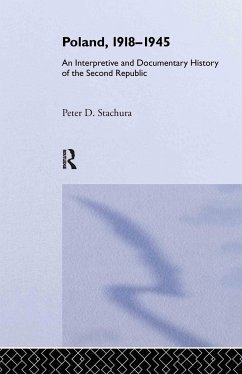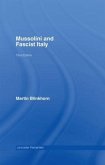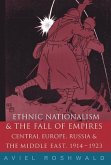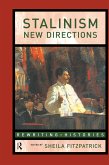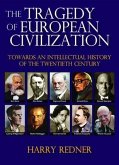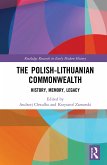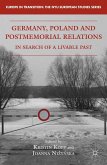In the turbulent history of twentieth-century Europe, the reborn Polish State faced the most formidable and diverse array of problems imaginable. From 1918 until the end of the Second World War, Poland struggled to retain and consolidate Independence, finally falling prey to the alien ideology and political system of Communism. The period of the Second Polish Republic, from its establishment in 1918 until its end in 1945, has often been viewed in the context of its negative aspects and failures. This lucid new study demonstrates that a far more positive assessment is needed, through an informed, balanced and objective approach. Based on extensive range of Polish, British, German, Jewish and Ukranian primary and secondary sources, this work provides an objective appraisal of the inter-war period. Peter Stachura demonstrates how the Republic overcame giant obstacles at home and abroad to achieve consolidation as an independent state in the early 1920s, made relative economic progress, created a coherent social order, produced an outstanding cultural scene, advanced educational opportunity, and adopted constructive and even-handed policies towards its ethnic minorities. Without denying the defeats suffered by the Republic, Peter Stachura demonstrates that the fate of Poland after 1945, with the imposition of an unwanted, Soviet-dominated Communist system, was thoroughly undeserved.
Hinweis: Dieser Artikel kann nur an eine deutsche Lieferadresse ausgeliefert werden.
Hinweis: Dieser Artikel kann nur an eine deutsche Lieferadresse ausgeliefert werden.

